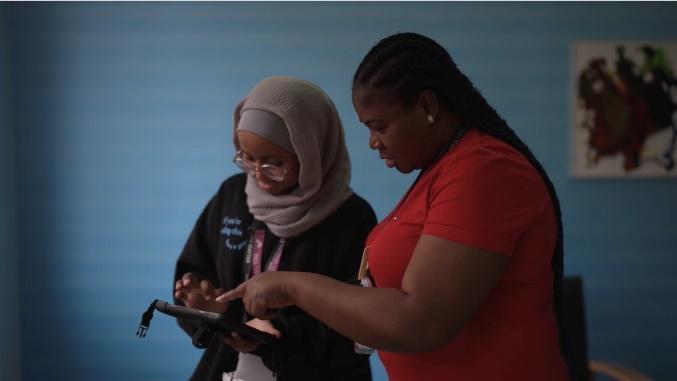Poor mobile connectivity is costing small businesses on average one hour of working time each week per each employee, having a knock-on effect of costing UK economy £8bn a year in lost output
Small businesses are losing £18.8bn a year because of poor mobile phone reception, including connecting to the internet, according to research.
Poor mobile phone connectivity is having the knock-on effect of costing the UK economy £7.7bn a year in lost output.
Microbusinesses and SMEs that provide employees with work phones are losing out on an average of one hour of working time per employee per week, as staff struggle with poor connectivity.
A microbusiness was defined as having up to nine employees, a small business was defined as 10-49 employees, and medium businesses 50-250 employees.
Professional services are the hardest hit, losing £5.3bn in revenue on average per year, amounting to an annual loss to the economy of £2.8bn.
Retail meanwhile lost £3.7bn in revenue per year because of poor connectivity, resulting in an annual loss of £560m in output to the British economy.
The business cost of poor connectivity comes at a time when nearly three-quarters (71 per cent) of SMEs are thinking about where they need to cut costs to reduce spending.
Nearly one third of SMEs (32 per cent) of SMEs believe they are paying too much for phone contracts and are looking to cut costs, according to mobile network Three.
Simultaneously, nearly one third (29 per cent) of SMEs are worried they could lose employees due to not having good technology. This figure rises to almost half (48 per cent) for medium-sized businesses, which is especially worrying at a time where talent shortage is impacting most industries.
Over a third of SMEs (36 per cent) say they could perform better if they had better mobile phone reception, while one in five (20 per cent) are worried that not knowing how to use the latest mobile phone technology could allow their businesses to be left behind.
Unreliable voice connectivity
Part of this appears to be the mobile phone industry’s own fault. Almost half of SMEs (48 per cent) say the technology industry uses complex technical language they don’t understand.
Craig Beaumont, chief of external affairs at the Federation of Small Businesses, said that the FSB’s own research showed that 45 per cent of small businesses experience unreliable voice connectivity, rising to 57 per cent in rural areas.
Beaumont said: “We need economic growth and productivity right across the UK, and that rests on world-class digital, mobile and vocal connectivity – 4G and 5G must be inclusive for everyone. After incredibly tough times, small businesses can use this to innovate, find new customers, and drive the recovery – but they can’t do this if they are battling with poor connectivity.”
YouGov and Development Economics surveyed over 1,000 micro and SME businesses based in the UK for the research.
Related:
Information Age guide to how 5G will affect your business – What does 5G mean for your business? This Information Age guide to 5G looks at which sectors will be disrupted, what low latency means for those businesses, how 5G will be used by enterprise-level organisations and how it will propel AI
5G technology disruption – 4 sectors ripe for disruption – 5G technology disruption – four business sectors 5G will disrupt: financial services/insurance, cloud & edge computing, medical and healthcare, and supply chain management
Tech leader profile: business use cases for 6G – What are the business use cases for 6G? Given how spotty network coverage is for 5G, do we even need a next-generation cellular network? Alan Jones of Blu Wireless explains how cellular networks have evolved, and why 6G will be crucial for the metaverse










